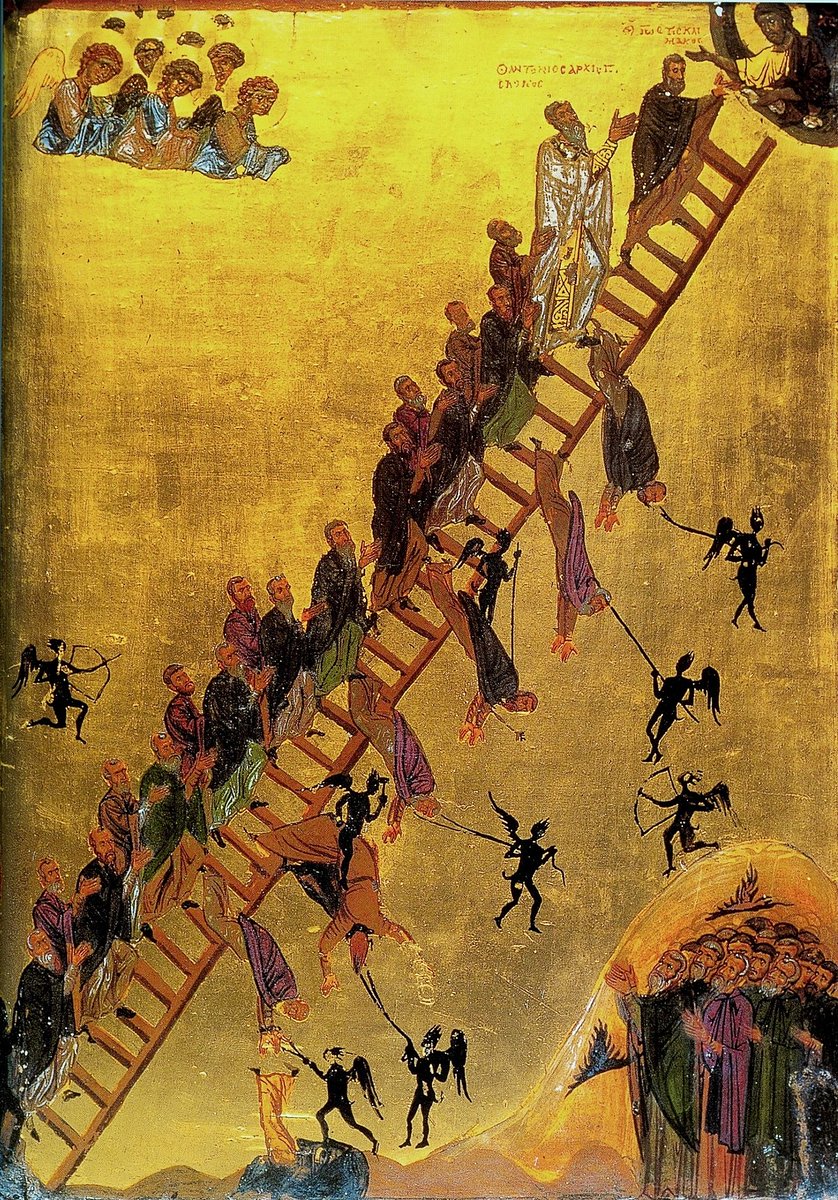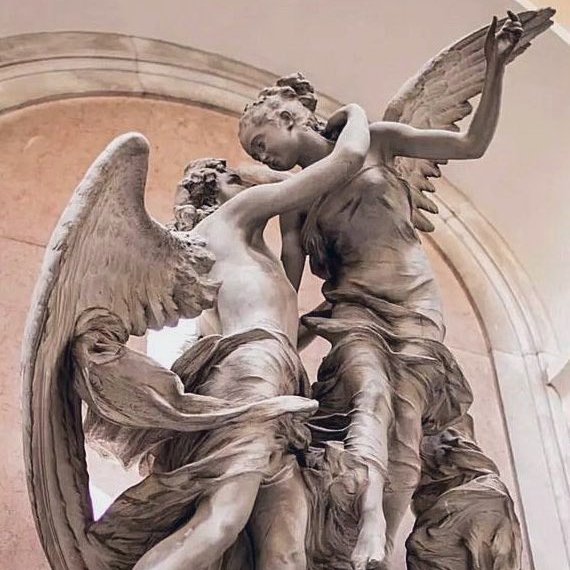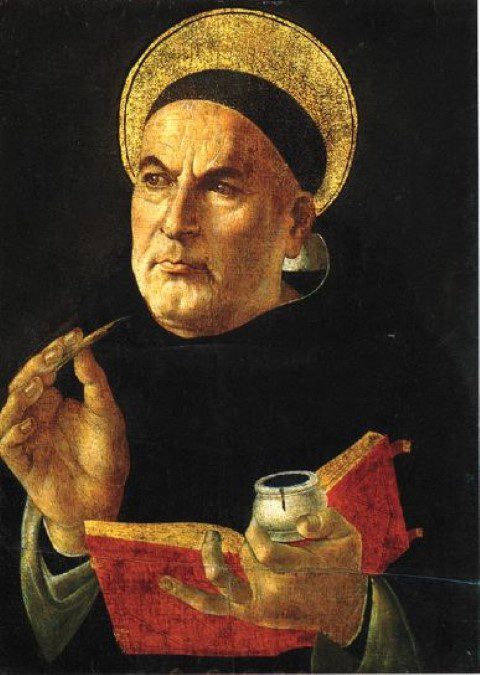
Deacon, husband, father, and Chancellor & General Counsel. Tutor in the Great Books. Host of Ascend: The Great Books Podcast @TheGreatB00ks.
How to get URL link on X (Twitter) App


 First, you have to understand your soul.
First, you have to understand your soul.

 First, who is Dionysus?
First, who is Dionysus? 

 Political power becomes a sort of necessary evil amongst the assumed egalitarianism of man.
Political power becomes a sort of necessary evil amongst the assumed egalitarianism of man. 

 St. Jerome states, “Ignorance of the Scriptures is ignorance of Christ” (CCC 112). In other words, we come to know the reality of Jesus Christ by reading Holy Scripture.
St. Jerome states, “Ignorance of the Scriptures is ignorance of Christ” (CCC 112). In other words, we come to know the reality of Jesus Christ by reading Holy Scripture. 
 The medieval mind understood that the world was like a painting.
The medieval mind understood that the world was like a painting. 


 The LITERAL is the historic sense, the intention of the author.
The LITERAL is the historic sense, the intention of the author.

 After God made the heavens and the earth, the earth is formless, void, and covered in water - the Spirit of God flutters over the deep.
After God made the heavens and the earth, the earth is formless, void, and covered in water - the Spirit of God flutters over the deep.


 Eros, erotic love, is a need-love, a self-love, an appetite for affirmation, fulfillment, and rest by satiating in beauty.
Eros, erotic love, is a need-love, a self-love, an appetite for affirmation, fulfillment, and rest by satiating in beauty. 



 Wonderful talks - @PatrickDeneen expressed that this conversation cannot be reduced to a critique of liberalism (left/right), but being “post-liberal,” as @PostlibOrder is named, is about a positive vision predicated on the common good with creative solutions.
Wonderful talks - @PatrickDeneen expressed that this conversation cannot be reduced to a critique of liberalism (left/right), but being “post-liberal,” as @PostlibOrder is named, is about a positive vision predicated on the common good with creative solutions.


 Eros, erotic love, is a need-love, a self-love, an appetite for affirmation, fulfillment, and rest by satiating in beauty.
Eros, erotic love, is a need-love, a self-love, an appetite for affirmation, fulfillment, and rest by satiating in beauty. 

https://twitter.com/hannonregular/status/1563125898194194433I think homiletics is quite difficult at the moment - especially as a deacon.


 The LITERAL is the historic sense, the intention of the author. Per Dante, the verse "When Israel went out of Egypt" would mean the historic deliverance by Moses.
The LITERAL is the historic sense, the intention of the author. Per Dante, the verse "When Israel went out of Egypt" would mean the historic deliverance by Moses.

 On the Logos, the Eternal Word, and “the intrinsic necessity of a rapprochement between Biblical faith and Greek inquiry.”
On the Logos, the Eternal Word, and “the intrinsic necessity of a rapprochement between Biblical faith and Greek inquiry.” 